Hurricane? Cyclone? Typhoon? Here’s The Difference
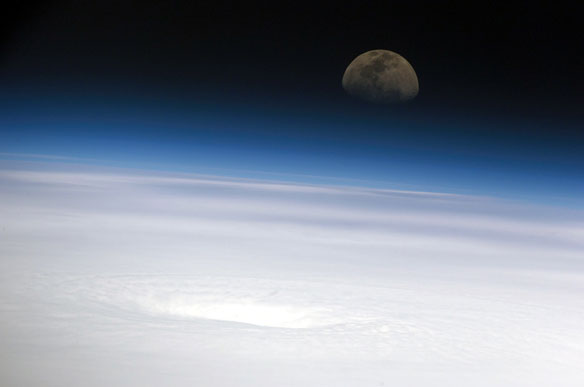
They’re all the same, officially tropical cyclones. But they just use distinctive terms for a storm in different parts of the world.
Seeing in the Dark

Marine mammals such as dolphins and porpoises rely on their hearing to navigate, communicate, and find food in the typically deep, dark, and murky waters they inhabit.
Mysteries of Giant Fish, Loch Ness and Sea Serpents
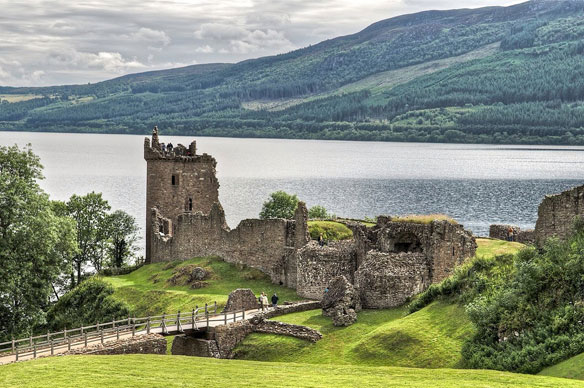
The recent discovery of a monstrous fish off the Southern California coast has people buzzing. Photos of people holding a long piscine monster have spread around the Internet; there are of course many fake “big fish” photos floating around, but this one is not a Photoshop job, nor a hoax.
On California’s Beaches, Mallard Ducks Have Learned to Surf for Food
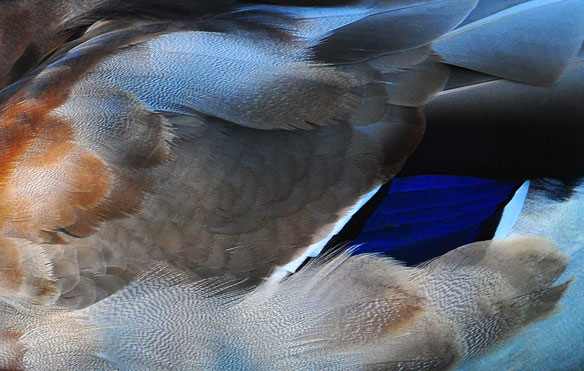
Mallards, that familiar duck species ubiquitous to park ponds with males parading their emerald-green heads, have picked up a new feeding habit along the beaches of Santa Barbara. These ducks have learned to surf. For sand crabs.
A Magnificent Waterspout In Croatia, Video
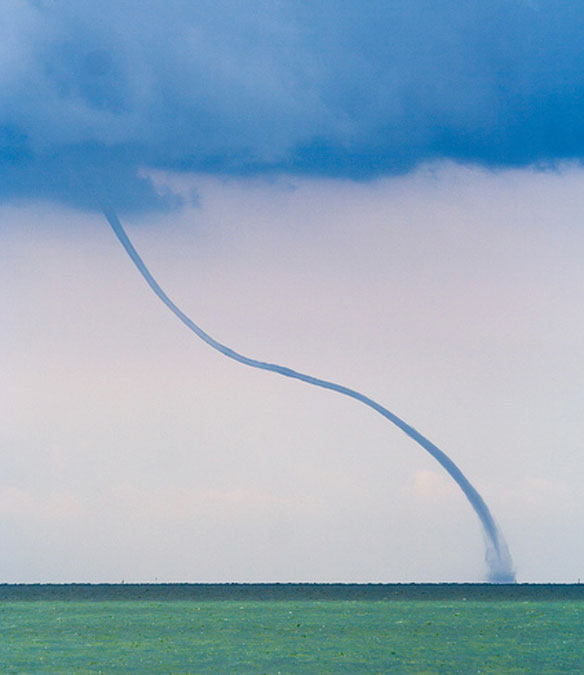
Filmed by storm-chaser/photographer Boris Basic in the historic seaside city of Dubrovnik, Croatia, the video captures the tall, thin vortex as its spins in place, connecting the ocean with the sky.
Ocean Revealed
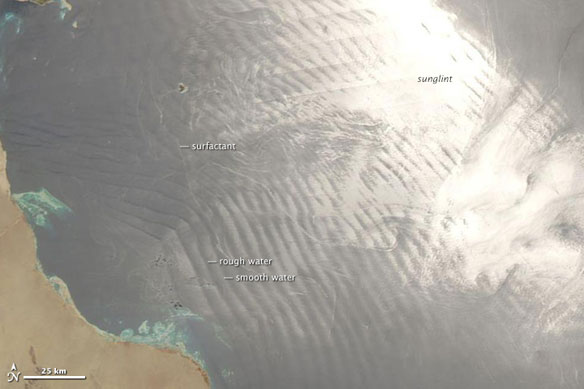
When astronauts first left this planet and looked back from space, they discovered that the ocean surface was covered with unsuspected and unexplained patterns.
The Amazing Properties of Saltwater-Saturated Beach Sand

Exactly as a suspension of corn starch (corn flour) aka oobleck, the beach sand immersed in salt water becomes a non-Newtonian system: a fluid whose flow behavior departs from that of a Newtonian fluid, so that the rate of shear is not proportional to the corresponding stress.
Why Do You ‘Hear The Ocean’ In a Seashell?

We live in a sea of sound, but can we capture the essence of the ocean’s sounds in a seashell?
If Children Lose Contact With Nature They Won’t Fight For It
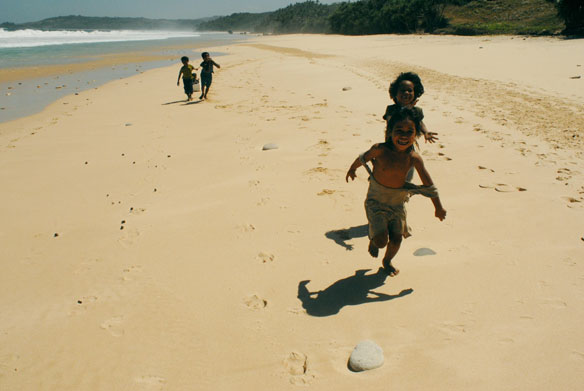
While UK surveys show that the great majority would like to see the living planet protected, few are prepared to take action. This, the author thinks, reflects a second environmental crisis: the removal of children from the natural world.
